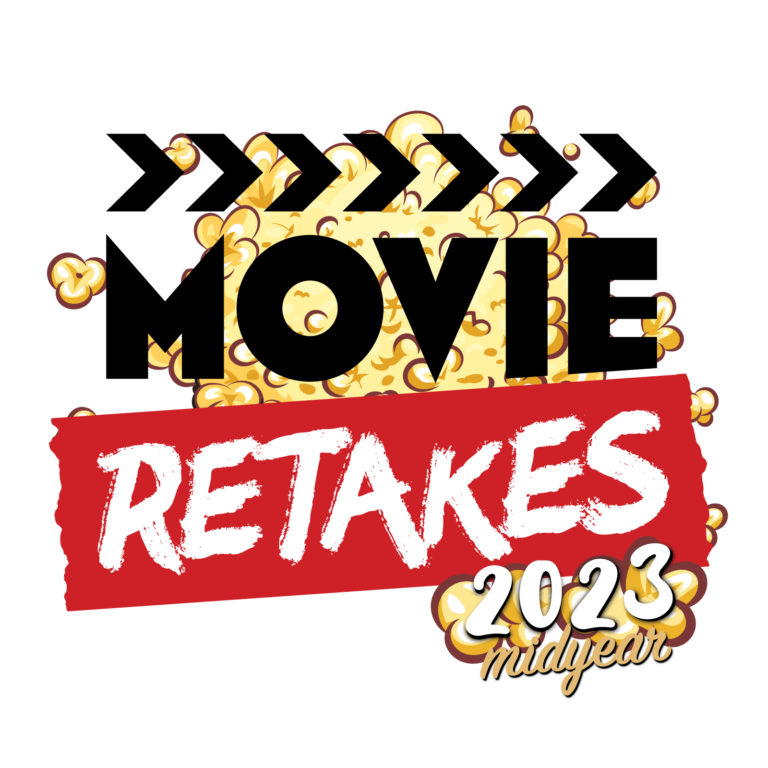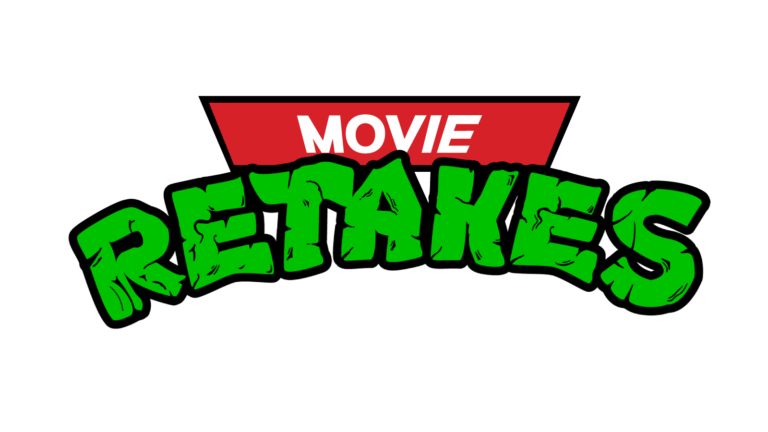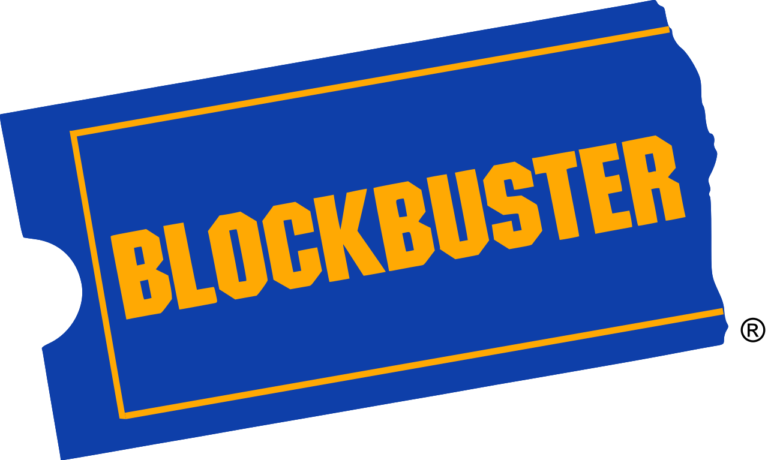CS Interview: Director Ben Wheatley on adapting Rebecca
ComingSoon.net got the opportunity to chat with acclaimed director Ben Wheatley (Free Fire) to discuss his work adapting Daphne du Maurier’s Rebecca starring Armie Hammer (Death on the Nile) and Lily James (Baby Driver), which is now available to stream on Netflix!
RELATED: Rebecca Trailer: Lily James & Armie Hammer in Netflix’s Gothic Drama
ComingSoon.net: Rebecca is such an iconic novel and obviously Hitchcock made it into a film as well. But what about it drove you to want to try your own hand at it?
Ben Wheatley: I think it was — I read the Jane Goldman script and really enjoyed it, and I fell for all the twists in the script. I was surprised by that because I thought I knew it inside and out and I kind of didn’t. I’d seen the film and read the book, so that confused me, you know? I figured that — what’s happened with Rebecca is that it’s become like a kind of, this cultural touchstone and it casts such a long shadow that it’s kind of become part of the furniture, almost. There’s elements of it that are just completely misremembered, and I figured that if I’d misremembered it, then that’s something maybe that a modern audience would have a similar reaction. I talked to a few people about it, and everyone was going, “Oh yeah, I remember Rebecca, it’s just slightly, such a beautiful romance, you know?” And you’re like, “Yeah, kind of. Not really, though. For a little bit.” I think that’s the thing, and when I re-read it, what I really loved about it was that thing of like, du Maurier had this scheme of it felt to me like she had this idea that she was basically trolling, and she was just going to, oh, I’m going to do this romance novel and then ruin all other romance novels for all time for everybody, you know? Like taking the perfect guy who’s like this widower in this amazing house with loads of money, and then turning him into absolute swine, you know? And now on top of that, I’m going to then implicate the audience in on this as well, so that by the time you get to the end of the book, you’re kind of cheering and going, oh yeah, that’s brilliant. You’ve never loved Rebecca anyway and she’s dead and they can be together.
Then, you know, depending, the other shoe drops you go, “Oh Christ. But their whole happiness is like, basically built on a dead woman’s corpse, you know?” We’ve only got Maxim de Winter’s word for how it happened or for any of the reasons of the circumstances of it, which are all kind of very dubious, you know? So that kind of drew me into it, and the fact that it’s like the blueprint for kind of all thrillers. Yet, it’s still bolder than a lot of thrillers that come out, that are done today, in the fact that at the heart of it, there is this kind of moral kind of conundrum of how far are you prepared to go for your partner. How much is love worth? It’s a thriller that will take characters who are morally repugnant and not punish them. You know, most things don’t have the balls to do that, and Rebecca does.
CS: So then in building your cast, I mean, you have such a nice blend of both American and English actors, albeit the Americans are playing English characters. What was it like for you seeking out everybody for their specific roles?
BW: I mean, obviously there’s a long history of British actors playing American, and I’m always surprised about it. You know, I remember when I didn’t realize that Idris Elba was English until I looked him up on IMDb when I was watching The Wire and went, “Whoa? What’s that?” [laughs]. You know, and that’s always really fascinating to me, that. To step back the other way for Armie Hammer to come and play an Englishman was great, and also, he’s got massive stones to do that, because I don’t think there’s anything more snooty than a British crew for listening to accents, you know? But he pulled it off. I mean, for me, what I loved about Armie, or what I do love about Armie is that he’s this kind of man out of time, you know? He’s like a 1940s matinee idol, almost the last of the matinee idols. So we needed that for the beginning of the film, to make it make sense in terms of like, the romance of the story. Basically, the structure of the film is what I’m characterizing as the other one falls, you know? So, as Lily James has to play becoming stronger, Armie Hammer has to kind of crumble into dust, effectively, you know? So with Lily, it was, yeah, that was the main thing of like, I mean, one of the great things about Lily is that she’s so likable. So the audience will follow her to the end of the world, which is fantastic. But she also then has a kind of complicated craft, challenge of playing this role, which is very kind of paranoid and nervous and kind of — but then not playing it too nervous because it becomes irritating or not playing it too strong because then it breaks the story. So there’s a lot of work that went into that. With Kristin Scott Thomas it was more that we were looking at a kind of more rounded Danvers, and so, it needed someone who could play the authority and kind of sternness of Danvers, but also like the vulnerability and the kind of emotion of this new version of her. So you know, with someone as skilled as Kristin, it was that you had to be someone of that kind of caliber to pull it off, I think.

CS: So you’ve done plenty of period pieces before, but what was it like building the immaculate period setting for this one?
BW: Yeah, I mean, the toy box of filmmaking, when you get to do period stuff and you get to be on large sets with large amounts of extras in costume is magic. It’s a great privilege and you get to look around and you feel like you’ve almost time traveled, and it feels like filmmaking, in a way, and that’s a big buzz. It’s not everything, but it is a big buzz and you kind of go — for me it’s when they get the period cars out. I’m like, “Yeah, come on. That’s great to see them.” Also that level of filmmaking is the control over the image that you have, right down to every tiny prop and everything means something, everything is structured in a certain way. So it’s kind of — yeah, it’s a great pleasure.
CS: What would you say were some of your biggest creative challenges, bringing this story to life for a new audience?
BW: I mean, finding Manderley itself was tricky because we felt that it was something that de Maurier had imagined. When you read the biographies about de Maurier, the house itself is a memory of a house that she visited as a child. So when it’s described in the book, it feels like it’s much bigger than a normal house would be. And I think that’s because it’s from a child’s perspective. So that meant that the house itself was very — we were never going to find that house because it didn’t exist. You know, it couldn’t exist. So it was made from the best bits of many, many British houses. And then that became — so that was at the center of it, at the beginning of the whole hunt for the making of the film was to find Manderley, and then we quickly realized we were going to have to make it out of lots of parts. And then the knock on that was a lot of complicated production challenges to get that right. But I guess the rest of it is kind of, is how you bring to screen a novel which is in the first person effectively. Do you slavishly translate the novel directly to screen? Or I mean, and what we found was there seems to be a gap between what the main character is saying and what she’s doing that suggests that what she’s saying to us isn’t necessarily true. So that gives you a license to change the books to a degree, but to try to chase the essence of the book, rather than if you absolutely translate what she said on the page, then you might miss the action point of the book. Do you see what I mean? So finding that level was complicated.
CS: Well, it comes across very well on the screen. So, I mean, since you mentioned the mansion, it’s such a beautifully shot location. Where was that exactly?
BW: Well, it was like, six different places. Hatfield House is one of them, and Loseley House, there was about four or five places across the UK. So the front of the house was somewhere else and some of the bedroom was one place. Rebecca’s bedroom was a set, that was a build and the boathouse itself was a build as well. So it was a mixture of lots of different places.
CS: Which would you say was your favorite to film amongst all the locations?
BW: Well, the curse of filmmaking is that you go to places that are really beautiful and then you have to be under a massive amount of stress and misery as you make stuff there, so you don’t really get to enjoy any of it. So because we shot the first 20 minutes of the film in the south of France, which you think would be amazing and all the catering was incredible and blah, blah, blah, which is true. But then you’re there and they say “it’s location not vacation.” So you’re there in the beautiful weather just terrified that you’re not going to shoot all the stuff that you need to shoot. So I think I probably would enjoy it, if I wasn’t filming now. I’d have to go back and kind of sit in a sun lounger, you know?
CS: What was it also like working with Netflix for this one? I mean, you’ve worked with a lot of indie studios, but this is really your first time with streaming services, off the top of my head.
BW: Well, kind of. I mean, A Field in England was done with Film4, that was the one that had the kind of multi-release, so it was in the cinema and free on TV at the same time, like an all-platform release. The last film, Colin Burstead, was done through BBC. So again, it was like a limited release and then straight onto the screen. So it’s not that unusual to me to have done it like this. What’s different is the scale of it, you know, like Netflix being massive and it’s the first experience of kind of a Hollywood studio style kind of production and the layers of executives and that whole kind of way of working, and I really enjoyed it. One of the main things that attracted me to the whole project was to get to that bigger audience, and as much as it’s brilliant fun making indie films and talking to the indie audience, to get to the big mainstream audience is a big treat.
CS: So how do you feel about it coming to audiences in both select theaters and on Netflix with everything that’s kind of going on right now with people still at home and such?
BW: Yeah, I mean, it’s a miserable time, and it would be awful of me to say anything that’s meant I had an advantage from this terrible time, you know what I mean? But the fact that it’s not a compromise for us that it’s going straight onto Netflix. That’s how it was always designed. If there’d been no COVID, that’s what would’ve happened, and the limited release, there would’ve been more expectation for it, but it wouldn’t have been any bigger than it is going to be for the way we’re doing at the moment. So you know, I think that side of it is — I mean, personally, I’m starved for content. I want to see stuff. I’m looking at it and going, “What’s dropping?” There’s nothing dropping. The VOD stuff ran out six months ago, didn’t it? And it’s really just kind of very vague stuff that’s just once in a blue moon, you know?
CS: So now that you’ve got another film in the can and coming to audiences, do you have anything in the works for when everything starts getting back to normal?
BW: Yeah, I wrote a film during lockdown and then shot it. So we shot a feature a couple of months ago, which was more like a back to basics in the woods kind of horror movie. So that was brilliant. You know, it’s great to get out of the house. Great to do some work. Very excited about that film. But I think that’ll be the patent of how I work from going forward, hopefully from larger projects back to smaller projects, backwards and forwards, because I enjoy low budget as much as I enjoy doing the big budget stuff. And you know, just to be making films is an incredible treat. So that’s kind of where it’s at. And I think there’s something weird about — it’s going to be a very odd time coming up for cinema, and it’s not just about the cinema chains and the exhibition and all that stuff. It’s more about what the actual content of the stories is going to be and how films, stories that made sense seven months ago maybe won’t make any sense anymore, and what our appetites are for what kind of narratives we want to see. I certainly had stuff in development that was about zombies and stuff, and that’s all just gone. No one wants to know about that. I think you should pack the zombie film away for a good decade after what we’ve just been through.
RELATED: CS Video: All Together Now Director & Cast Talk Netflix Movie Adaptation
The film co-stars Kristin Scott Thomas, Keeley Hawes, Ann Dowd, Sam Riley, Tom Goodman-Hill, Mark Lewis Jones, John Hollingworth and Bill Paterson.
After a whirlwind romance in Monte Carlo with handsome widower Maxim de Winter (Armie Hammer), a newly married young woman (Lily James) arrives at Manderley, her new husband’s imposing family estate on a windswept English coast. Naive and inexperienced, she begins to settle into the trappings of her new life, but finds herself battling the shadow of Maxim’s first wife, the elegant and urbane Rebecca, whose haunting legacy is kept alive by Manderley’s sinister housekeeper Mrs. Danvers (Kristin Scott Thomas).
Directed by Wheatley (High Rise, Free Fire) and produced by Eric Fellner, Tim Bevan and Nira Park of Working Title Films (Emma, Darkest Hour), Rebecca features a screenplay by Jane Goldman and Joe Shrapnel & Anna Waterhouse.
Rebecca is now available to stream on Netflix!
The post CS Interview: Director Ben Wheatley on Adapting Rebecca appeared first on ComingSoon.net.











